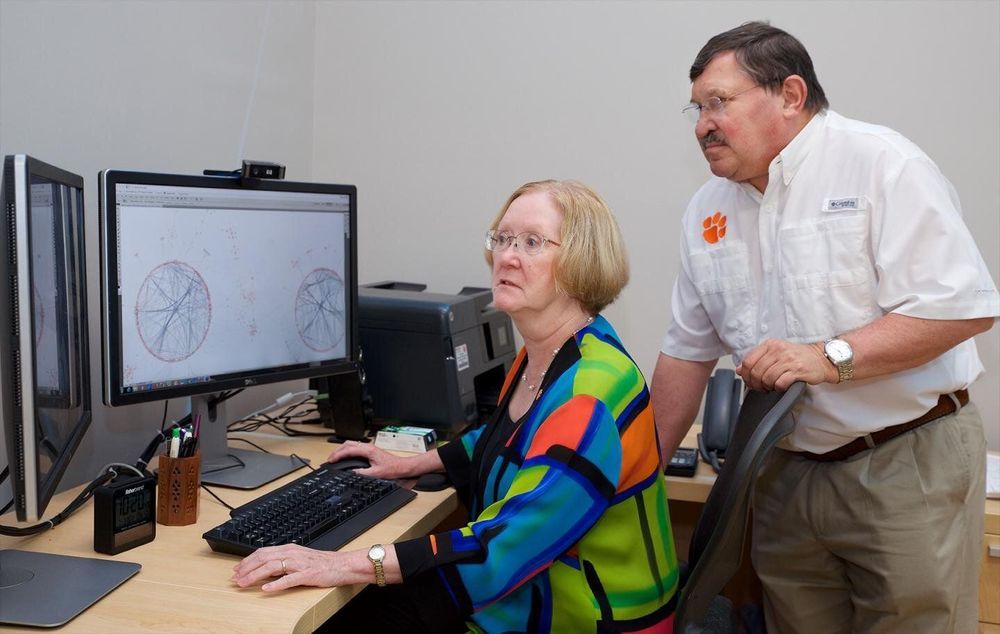“We were very pleased to find out that even though life span is a very complicated trait caused by variation on a large number of loci, which is true for most complex traits, the number of loci that are in common is a totally finite number. So, we can imagine going on to the next stage and investigating one gene at a time and in combination,” Mackay said.
Scientists believe about 25 percent of the differences in human life span is determined by genetics—with the rest determined by environmental and lifestyle factors. But they don’t yet know all the genes that contribute to a long life.
A study published March 5, 2020, in PLOS Biology quantified variation in life span in the fruit fly genome, providing valuable insights for preserving health in elderly humans—an ever-increasing segment of the population. The paper titled “Context-dependent genetic architecture of Drosophila life span” is the culmination of a decade of research by Clemson University geneticists Trudy Mackay and Robert Anholt.
It remains difficult to address the genetic basis for life span in humans, so researchers conduct their experiments with model systems. Mackay, the Self Family Endowed Chair of Human Genetics, is one of the world’s leading experts on the Drosophila melanogaster model (aka the common fruit fly), which is an excellent model for comparative analysis of human disease and aging. About 70 percent of the fruit fly genome has a human counterpart.
